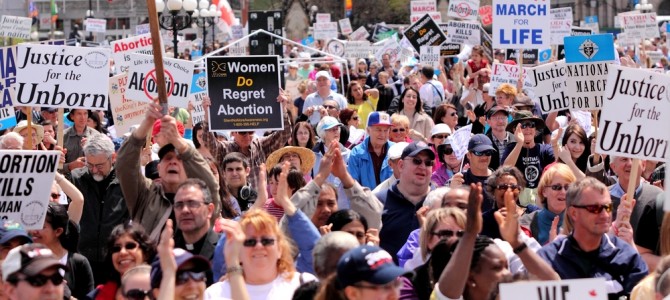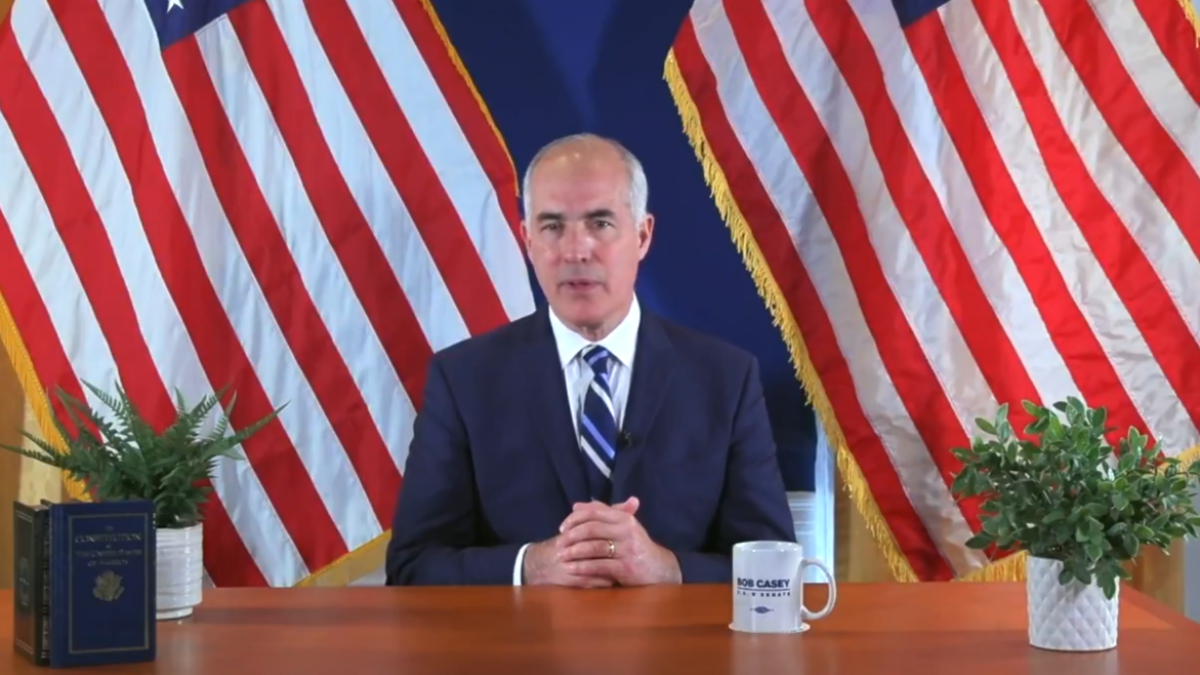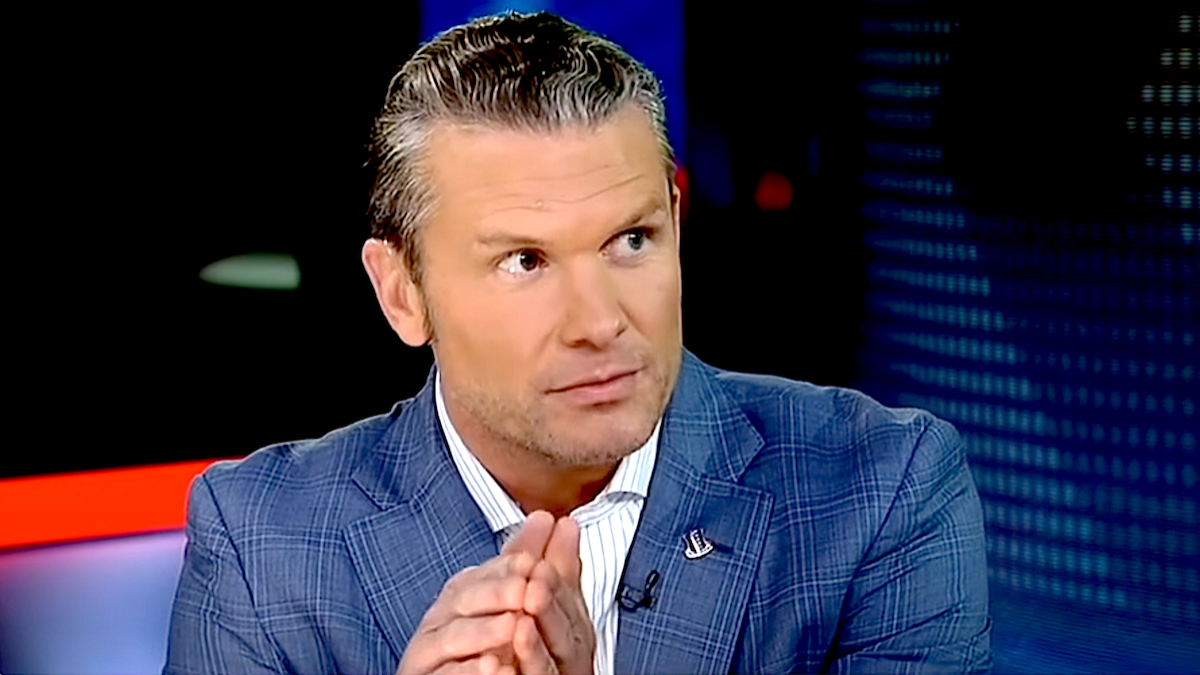
At the end of last September, a prominent author of children’s books drew attention to a large donation he had made to Planned Parenthood. The timing of the announcement made clear what he would later admit: he was not bothered by videotaped conversations with executives of Planned Parenthood speaking in callous and shocking ways about a callous and shocking business they are engaged in—trafficking body parts obtained through abortions of unborn children.
However repugnant the gesture, it was certainly within his right to make it. It seems equally clear that a supporter of Planned Parenthood should be free to withdraw support after learning of the videos Daniel Handler thought were no big deal. At least it would seem clear, but the state of Utah is learning that the self-evidence of a principle doesn’t mean it will prevail in litigation.
In the wake of the Planned Parenthood disclosures, Utah Gov. Gary Herbert determined the state would no longer contract with Planned Parenthood’s Utah affiliate. Given what we now know about the organization, such a move could hardly have been a surprise. To continue doing business with an organization so tainted could be read as implicit approval of activities that the governor, and likely the overwhelming majority of citizens of the state, finds reprehensible.
You Can Never Not Fund Planned Parenthood
It is fair to assume that someone sending a donation to a Planned Parenthood in the wake of the video disclosures either approved of the employees’ behavior, or at least thought the behavior was not bad enough to justify distancing themselves. Utah reasonably thought it could best express its disapproval by ending its contractual relationship.
Few will be surprised that Planned Parenthood of Utah immediately filed a lawsuit to force the state to continue providing it taxpayer support. It argued it had done nothing wrong, or at least not illegal, so the funding decision must have been motivated by improper opposition to abortion.
What is surprising is that the group initially prevailed in court. At the end of September, a federal judge in Utah said the state had to continue the contracts.
The terse opinion relies heavily on the fact that accusations stemming from the videos “are still under investigation and have not been proved.” Thus, the court assumed the governor’s reason for ending the state’s contracts with Planned Parenthood must have been motivated by unconstitutional reasons, and the judge ordered the governor “to state in writing a legitimate basis” for defunding, declining to renew, or not to issue a contract to the organization.
Presumably, the court will decide whether the basis is legitimate. This broad order appeared to prevent the state from even deciding to let a contract lapse after the effective date of the contract had ended or even force the state to initiate new contracts with Planned Parenthood.
Elected Officials Should Be Free to Act for Their Constituents
The attorneys representing the governor did not give up, and made strong legal arguments in favor of his decision. They got to the heart of the issue: “Utah ‘needs to be free to terminate both employees and contractors . . . to prevent the appearance of corruption.’ . . . There is nothing objectively unreasonable about Utah’s ceasing a contractual relationship with a local affiliate of a national entity alleged to be engaged in such illegal activity.”
Thankfully, they prevailed and, last month, the judge decided to allow Utah to terminate the contracts. He noted the Utah Planned Parenthood affiliate “derives benefit from its affiliation with the national organization,” so the “‘good will’ that inheres in the Planned Parenthood brand also extends to the ‘bad will’ that attaches because of the allegations of wrongful conduct.” The court deferred to “the right of the elected Governor of this State to make decisions about what is in the best interests of the State,” a decision “that should be left to elected officials and not managed by the courts.”
So far, so good. Now, however, the U.S. Court of Appeals for the Tenth Circuit has granted a temporary injunction requiring Utah to continue the contracts. Presumably, the argument is that the judges need time to hear all the legal arguments.
But is there really any rational argument for depriving the people of Utah, through their elected representatives, of the freedom to distance themselves from a barbaric practice? Does it take a lengthy hearing and reams of legal briefs to determine that Planned Parenthood has no constitutional right to taxpayer money? That the answer doesn’t seem abundantly clear is an ominous sign.









